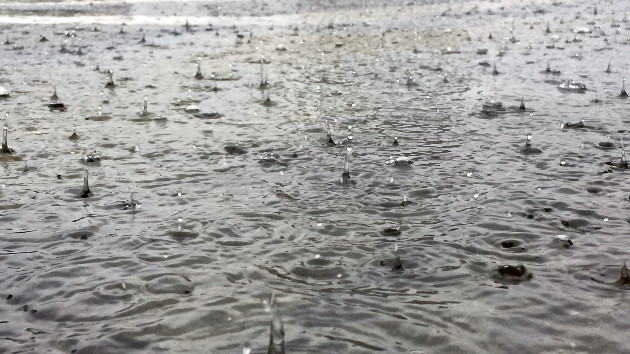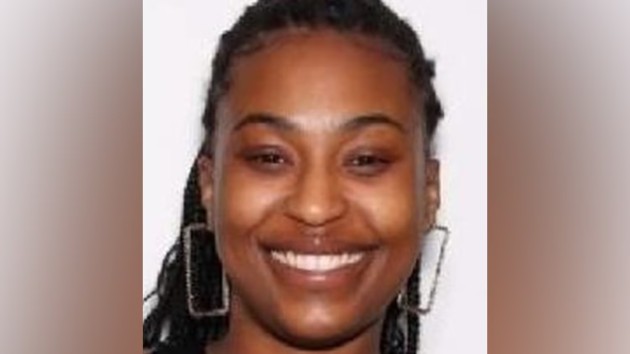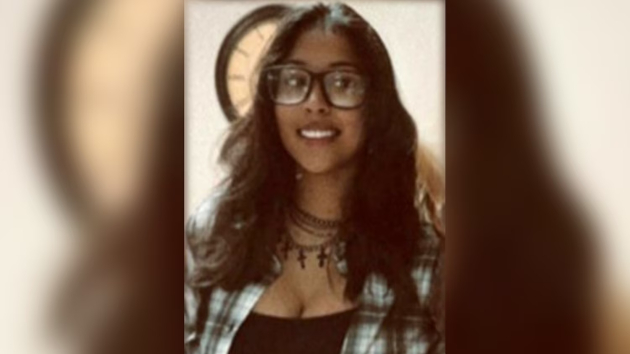Students navigate new college admissions landscape, one year after affirmative action is struck down
Written by ABC Audio ALL RIGHTS RESERVED on June 29, 2024
(NEW YORK) — Last June, the Supreme Court struck down the use of affirmative action in college admissions.
The court held, in a 6-3 decision, that Harvard and the University of North Carolina’s admissions programs, which had accounted for race at various stages in the process, violated the Equal Protection Clause of the Fourteenth Amendment to the U.S. Constitution.
Now, students applying to post-secondary schools following the court’s decision are navigating a new landscape.
David Jiang’s high school graduating class is the first to apply to college since the Supreme Court decision. Jiang, 18, whose parents immigrated from China more than 20 years ago, said Harvard University had been his dream school.
“I was always aiming for the castle on the hill,” Jiang said. “I was always trying to go for Harvard.”
However, Harvard was part of last year’s historic Supreme Court decision that brought a policy change in college admissions, leaving uncertainty about the future of campus diversity.
Admissions officers can no longer consider race as part of a student’s application, but students still have the option to share that information in their essays.
Jiang, who applied early to Harvard last year, said he decided to lean into his Chinese American heritage in his application.
“It’s just a huge part of my identity,” Jiang told “Nightline.” “If a school does not want to admit me because I’m Asian American, then there’s not much I can do about that, because it’s the part of me that I just can’t get rid of.”
Jiang attended Stuyvesant High School in New York City, one of the top public schools in the country. He says he scored 1560 on the SAT, played the baritone saxophone in the NYC All-City Latin Jazz Ensemble and was a team captain of the New York City Math Team.
Among the over dozen schools Jiang applied to, many rejected or waitlisted him, including Harvard.
“I feel like by not getting into Harvard, I was sort of disappointing [my parents],” Jiang said. “But more importantly, I was disappointing myself.”
Adam Mortara, the lead counsel who helped strike down affirmative action on behalf of Students for Fair Admissions, claimed Harvard had previously unfairly held Asian American applicants to a higher standard.
“[Admissions penalty] was predominantly centered in the so-called ‘personal rating,’” said Mortara. “Where Asian applicants were given lower personal ratings than white applicants, African American applicants or Hispanic applicants.”
According to Harvard’s student newspaper, The Crimson, the so-called “personal rating” could “include traits like humor, kindness, sensitivity and leadership.”
“I think the stereotype is that Asian people are reserved, stick to themselves and just do math problems in their free time,” Jiang said.
While Jiang does not believe race played a role in his rejection from Harvard, he thinks that implicit bias is nearly impossible to erase.
“I think that there’s still this preconceived notion that Asians are so-and-so, and I feel like I did have to prove that I’m not the stereotypical Asian,” Jiang said.
Harvard has denied any bias or discrimination against Asian American applicants in their admissions process. In a statement to ABC News, Harvard claims in part they have “taken several steps to arrive in compliance with the ruling from the Supreme Court. These changes have been made across our recruitment, application and admissions practices.”
However, many students of color are still concerned about campus diversity in a post-affirmative action landscape.
“There is this real threat of the proportion of Black students at Harvard decreasing over the years,” said Clyve Lawrence, a rising senior at Harvard. “I feel concerned about a chilling effect that Black students who otherwise would have applied now are worried that they’ll be facing disadvantages because of this decision.”
Some students worry that without affirmative action, the odds would be stacked against them.
“There are already so many obstacles that disproportionately affect students of color,” said Joely Castillo, a Brown University transfer student.
Castillo said she had a difficult upbringing. After her father was arrested and imprisoned, her mother raised three girls on her own. After high school, she immediately started working multiple jobs to help support her family.
Almost a decade later, Castillo enrolled in a community college and set her sights on a four-year university. She workshopped her approach at the Kaplan Educational Foundation, a nonprofit that works with underprivileged community college students.
“I had to play catchup to the other applicants – students that have had the opportunity to have tutors and family supporting them throughout the college application,” said Castillo. “Whereas I was kind of going in blind.”
Castillo ultimately decided to write about her cultural background in her applications. With a 4.0 GPA, Castillo was accepted by Princeton University, Smith College, Brown University, and other schools.
Castillo ended up choosing Brown University, but says she still worries about diversity on campus.
“If we don’t continue to try and elevate students of color, our campuses are going to look the way that they did many years before, where there were less students of color,” Castillo said.
According to a 2017 New York Times analysis, Asian enrollment largely increased at top colleges over a 35-year period with affirmative action, while Hispanic and Black students mostly remained disproportionately underrepresented.
A survey by the Gallup Center on Black Voices shows nearly 70% of Americans supported the end of affirmative action. Some who fought for its end say the college admissions process won’t truly be fair until schools stop giving preference to children of alumni, called legacies.
“There’s no reason that one child should be afforded an admissions preference to an elite university because their parent went there,” said Mortara. “As opposed to the child of say, a second-generation immigrant family whose parents did not have the opportunity to attend that institution.”
The Department of Education launched a civil rights investigation into Harvard’s use of legacy admissions last year. A number of elite schools have already terminated legacy admissions, including Johns Hopkins University and Amherst College.
States like Virginia and Maryland have also joined Colorado to ban the practice at its public universities. More states, including California, New York and Massachusetts, are considering similar proposals. But some alumni of color and alumni who were the first ones in their families to attend college are opposing the ban.
“I think it’s a really big deal for us as American descendants of the enslaved to be legacy and legacy families,” said Amanda Calhoun, a second-generation Yale graduate, whose father also graduated from Yale.
Calhoun and her father said they feel affirmative action and its outreach programs were transformative.
“My concern would be we would see less outreach,” said Calhoun. “We’ll see less Black students, less minoritized students that are feeling empowered to apply to a place like Yale and other elite institutions.”
Yale is currently reviewing its preference for legacy applicants. But for now, the policy remains in place.
Harvard told ABC News that 23.4% of the Class of 2028 has no financial contribution from their parents, and just over half will receive need-based aid, with an average parent contribution of $15,500.
Additionally, Harvard says 20.5% of its incoming class will be students who are the first generation in their family to graduate from a four-year college or equivalent.
“I know that sometimes college is random, and the admissions decision does not always pan out the way you like it,” said Jiang, who is now a member of the Class of 2028 at Duke University. “I was glad I finally got into a school that I would love to go to.”
ABC News’ Rosa Kim and Jaclyn Skurie contributed to this report.
Copyright © 2024, ABC Audio. All rights reserved.







